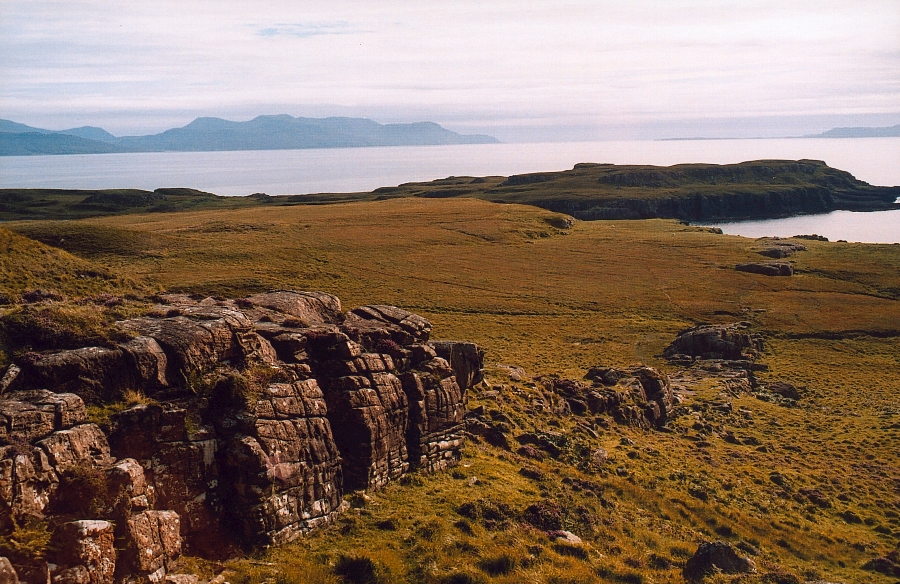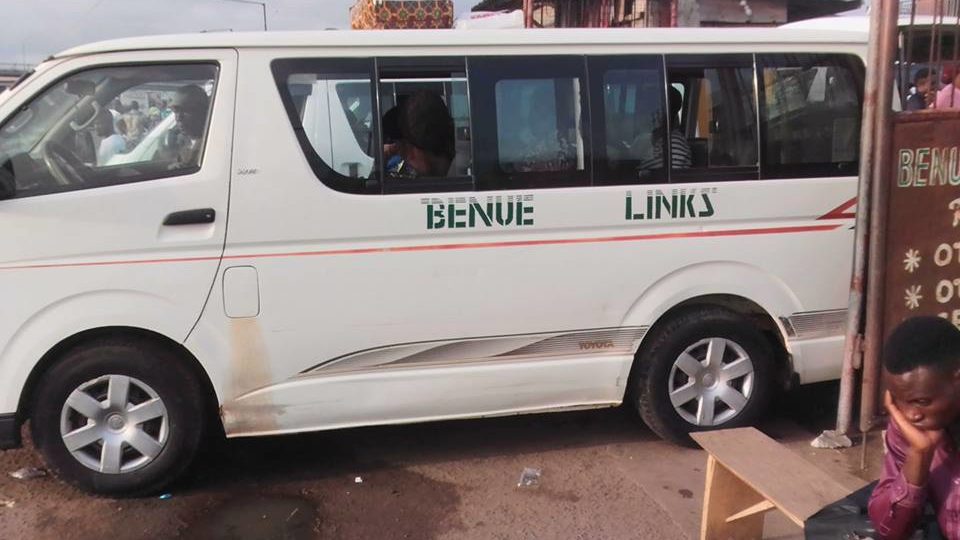I vowed to participate more in the online writing class today. I arrived at the library early to read David Frankel’s Beyond the Black Ditch, a recommended reading. Frankel’s interest in landscape was an inheritance from his father. He writes about places as an avenue for convergence with other lives: specifically, his visit to Rubha an Dùnain. What does it mean for a man to stand on a cliff where his father stood four decades before him?

The objective of the class was to teach nature-writing. I joined a conversation about Frankel’s essay; I wrote a comment about our task, as humans, paying attention to the history of humans and places, and Frankel’s success in unraveling his father’s history in his interrogation of a shared place. Another participant, Frances, mentioned in response to my comment that history is ephemeral. I don’t know what to make of that. I did not ask what he meant.
I stopped using Facebook earlier because I came to think of this form of convergence as an intrusion into others’ spaces. I began to question what had brought me to the writing class, what had caused me to rethink my faith in the creative life as a solitary one. I had joined the writing class after a long hiatus from writing and I wasn’t sure I could write anything. I wanted the prompt of the class but not the conversations.
The writing tips on the class web page are banal: think critically, read and read more. I abandoned it for YouTube, watched a video of Margaret Atwood’s masterclass advert: “If you are struggling to write you are afraid of something,” she says.
Every other library user seemed unbothered about anything, they just carried on with whatever it was they were doing. The lady sitting across from me had her nose in a big book. I began to imagine the lives of others around me as if they were fictional characters: I imagined the lady sitting across from me as an accountant studying for an additional degree after a previous failed attempt.
My draft for the writing exercise opens with me in a bus to Benue, Nigeria, during one of the numerous fuel scarcities that plague Nigeria. The driver stopped for gas when he found an open station, he filled the tank of his Toyota HiAce; and as though it were a magic show he went around the bus in a clockwise motion and came back into view with a jerrycan. He put the filled jerrycan in the passenger cabin. Every Nigerian knows a story in which a fire started because there was gasoline in a jerrycan.
Everyone started to yell at him. A man promised to report him to the police at the next police checkpoint. The driver didn’t respond to anyone, and then they began to insult him. Someone said, He is as stubborn as Yoruba men. A woman, whose head gear suggested she was Yoruba, screamed No! He’s Tiv. Thus the driver’s negligence became an avenue for passengers to say derogatory things about various ethnic groups. Finally, it was settled that the driver must be Idoma, because no one refuted. And in that moment, someone offered that I must be Idoma, too: Else why would I be silent? We would travel for 17 hours before I spoke my first Yoruba word during a phone call.
I contemplated writing another paragraph about my bus-park-experience. My dedication wavered, and I stopped writing. I left my computer in the library and departed for the bookstore. I sat at the café there, had a coke, called my editor friend to tell him I was making progress with the writing exercise. The café attendant began to talk to me about her cookbook; she could tell I was bored. She offered me another coke, and I felt sold. Then we argued over recipes, and she agreed my yam porridge recipe is better because I include sweet potatoes and plantain. We laughed. We talked more about native dishes and her struggle with finding English names for the foods. I returned to the library when the attendant had to make sale to another customer.
In time the Information Officer announced the library was closing. I left for Heritage Park and began to observe nature.





